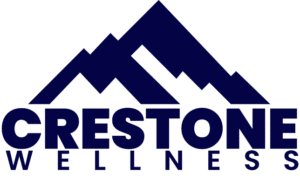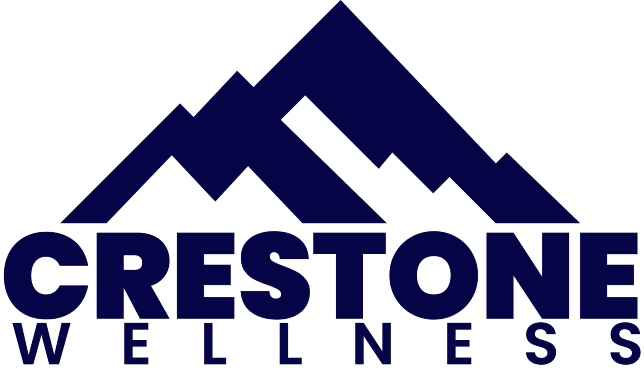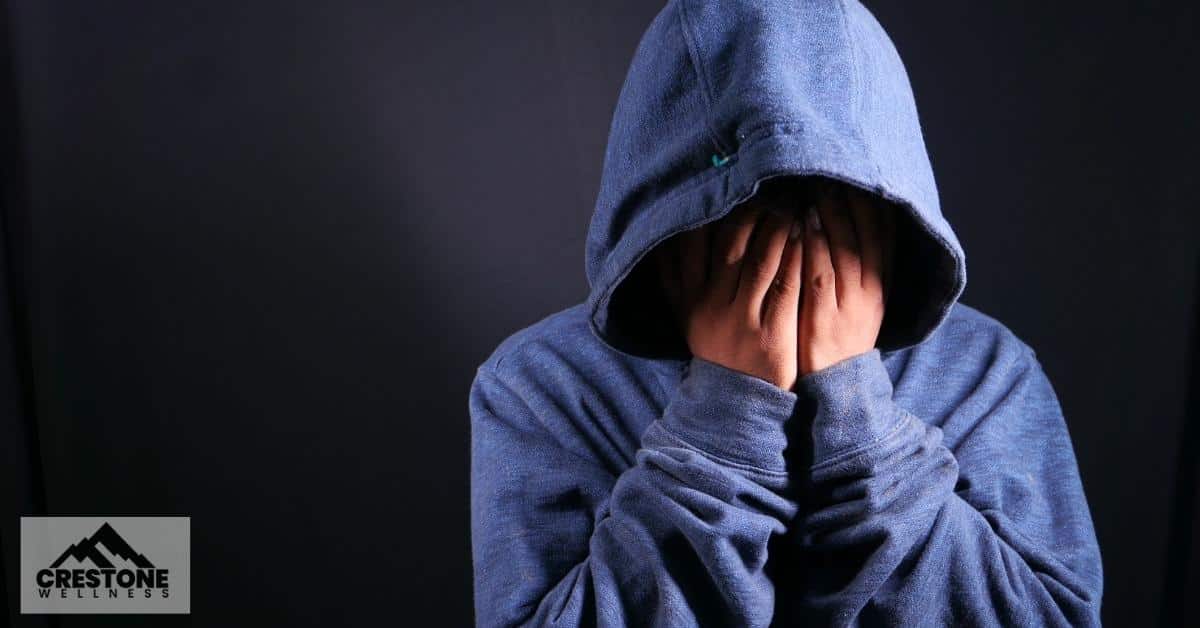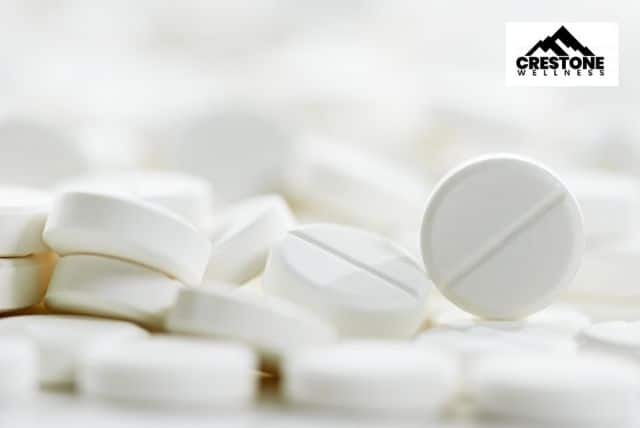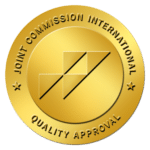Addictive behavior often feels good at first. However, it can be hard to stop as you become dependent on a substance. This is because addiction alters normal brain function, causing your need for drugs or alcohol to be out of your control.
When this happens, you enter what is referred to as a cycle of addiction. This can leave you frustrated and unable to stop addictive behaviors, even when they adversely affect your health, relationships, and family.
We want you to know that there is hope. At Crestone Detox Austin – Alcohol & Drug Rehab, we can help you break the cycle of alcohol or drug abuse. Using holistic treatment programs and detox, we can help you turn your life around.
Contact us today to learn more!
The Stages of Substance Abuse and Addiction

According to a study done by the Substance Abuse and Mental Health Services Administration (SAMHSA), over 21 million people in the US struggle with some form of addiction. It is important to remember that addicts don’t start out taking drugs excessively.
The addiction cycle begins with a casual drink or recreational drug use.
In the section below, we’ll discuss the stages of substance use disorders in greater detail.
1. Experimentation
Children and teenagers frequently experiment with alcohol and drugs. Additionally, for the majority of people, their engagement with alcohol or drugs does not develop beyond this. However, for some people, this simple beginning might develop into a severe substance use disorder.
Age Plays a part in Addiction

The age of the person and the addictive substances they are taking play a significant part in this. Even though it has been clearly proven that drinking alcohol before the age of 16 is risky, having a drink or two with friends is a fairly common occurrence that, by itself, might not indicate a problem with substance misuse.
However, a 12-year-old who experiments with opiates would be considerably more likely to get addicted to the drug.
Reasons for Use
Additionally, the reasons people use alcohol and drugs might affect the level of danger they face at this stage of addiction. People often experiment with drugs and alcohol when they want to have fun with family and friends.
However, it can be riskier when somebody uses substances to deal with a mental health condition or emotional pain. This could make someone want to use drugs or alcohol more, which might trigger the next stage of addiction.
2. An Increase in the Frequency of Use of the Addictive Substance

The person has moved past their initial use of drugs or alcohol at this point in their addiction. In this stage of addiction, the person uses the drug or consumes alcohol often, though not frequently enough to qualify as a substance abuse disorder.
Several People Remain in This Stage
Many people will remain in this phase for the majority of their life without developing a full-blown addiction. While moderate drinking can pose a number of health risks, this stage is far less risky than the subsequent stages.
The Greater the Significance of a Substance, the More Likely a Person Is to Progress to the Next Stage
When addictive substances take on a greater significance in a person’s life, they can advance to the next stage of addiction. They might spend a significant amount of time using or fantasizing about using the substance and may begin to place using their preferred substance above other, more essential tasks.
3. Alcohol or Drug Abuse
Drug and alcohol use is no longer considered “recreational” for someone who is this far along in their addiction. Most people become aware of this when they begin to see a decline in their relationships, difficulties at work, or legal issues.
This Stage Does not Necessarily Involve Continuous Use
To reach this stage, you do not need to consume the addictive substance continuously. However, they must prioritize consuming the substance over other responsibilities, such as those to their family or job.
Using or Drinking to Deal with Depression or Anxiety
People who began drinking or using drugs to address depression or anxiety may find this stage considerably more challenging.
They may begin to find that the substance doesn’t help them manage their symptoms effectively anymore, and they probably require it in increasing amounts as they start to build tolerance.
This can result in riskier actions, such as driving under the influence or at work.
4. Physical and Psychological Dependence

By this time, substance use is no longer an option. The person must consume alcohol or use the drug to avoid experiencing withdrawal symptoms.
Mental Health Starts to Deteriorate
At this stage of addiction, mental health frequently deteriorates as well since drug or alcohol dependency has a negative impact on the general quality of life.
Quitting Isn’t Easy at This Stage
At this point in the cycle of addiction, quitting on your own may seem impossible. Many find that after making an effort to stop, they experience strong cravings that can be debilitating.
At this stage, people have created a life around their dependence. Several of their friends might also be dependent and unable to assist them.
5. The Development of a Substance Use Disorder
A person cannot go a whole day without consuming the substance at this point in the addictive cycle. People could experience relationship or employment loss, and in certain cases, they might even become homeless.
The more time they spend struggling with a substance use disorder, the more overwhelming addiction may seem.
Help Is Available
However, no matter how they have struggled with substance addiction, support and treatment options are always available.
Addiction Treatment
At Crestone Detox Austin – Alcohol & Drug Rehab, we offer a range of addiction treatment programs that focus on breaking the addiction cycle. This includes:
Detox

The first step of the recovery process is ridding your body of the substance through detox. Because this causes withdrawal symptoms that range from mild to severe, we provide professional medical assistance to ensure a safe detoxification process.
Behavioral Therapy

In addition to detox, we also offer behavioral therapy to help you deal with emotional pain without turning to substance abuse. To do this, we might recommend family therapy, group sessions, or one-on-one therapy. With therapy, we will help you:
Eliminate Triggers

Identifying and avoiding potential triggers is generally the best strategy for breaking the cycle of addiction and preventing future use.
If the trigger occurs at the workplace or in a marriage, this may be challenging. Finding another job is one approach, but if that’s not an option, scheduling time in your day for relaxation or exercise might help reduce the stress that leads to cravings for alcohol or drugs.
Substitute Addictive Behaviors
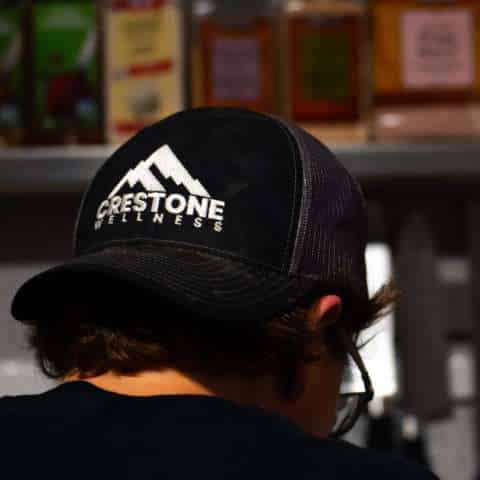
In addition to eliminating triggers, it is also important to change addictive behavior to prevent yourself from falling into old habits. A great way to do this is to focus on good nutrition, exercise, a new hobby, developing a support system, practicing mindfulness, and receiving aftercare support from a treatment facility.
Visit Our Recovery Center in Austin, TX Today!

If you are a victim of substance use disorders and need to break the addiction cycle, you can get the help you need at Crestone. We offer holistic inpatient and outpatient treatment to help you gain control of your life again.
